Our science curriculum will encourage children to ask more, discover more and know more. By building up our pupils’ key foundational knowledge and concepts, we will help them to grow into excited and curious citizens answering scientific questions about the world around them. Through diverse contexts to maximise pupils’ engagement and motivation, children will begin to understand how science has the possibility to change our lives and impact the world’s future prosperity.
Life Processes and Living Things
This strand of Science is in effect primary biology study and teaches about how living things function. Our children investigate plants and animals and their life processes, considering how they can be affected by the way that we live our lives.
We look at the characteristics of living things and their habitats, as well as exploring the theories of evolution and inheritance.
Materials and their Properties
Children are taught to develop their understanding of the criteria that can be used to group things together. They investigate the properties of these materials and learn that there are scientific rules and theorems that accurately describe the way that they behave.
Through this early chemistry study, we lay the foundations for more advanced experimentation and scientific thinking.
Physical Processes
The final strand of our teaching investigates the forces that make things move in our world. The children learn to measure and record accurately, interpreting their results to evaluate their hypotheses.
These units cover essential primary physics and teach many of the basic principles that have been discovered by scientists throughout the years. Our children are encouraged to ask questions and challenge what they are being told, eg : can we prove that?

